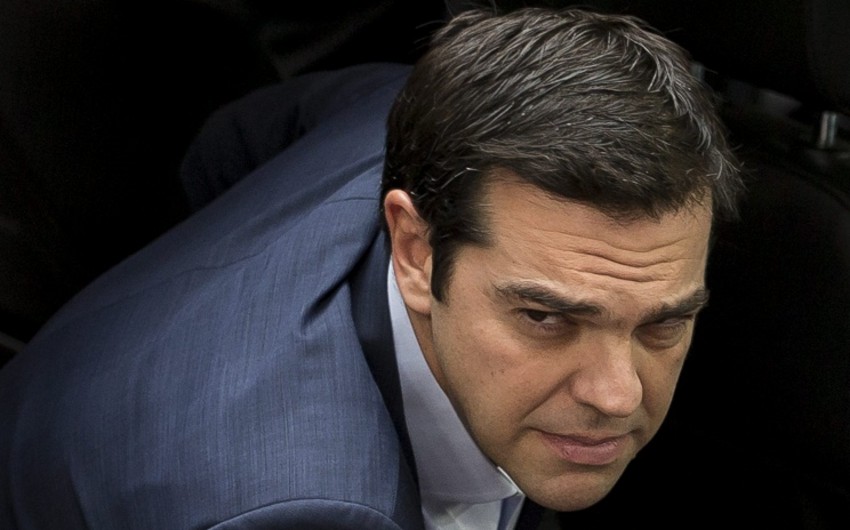Baku. 13 July. REPORT.AZ/ The German government’s proposals for a supposed temporary exit of Greece from the eurozone amid deepening debt crisis faced opposition from not only France, but it was criticized by the German president as well.
Report informs referring to the foreign media, French President Francois Hollande firmly dismissed the idea of a "temporary Grexit" on Sunday, which was floated by Germany earlier in the day, as an alternative plan in the case of a failure to reach an agreement with Athens at an extraordinary summit in Brussels on the reform conditions for a third bailout.
“There is 'Grexit' or no 'Grexit’. Greece is in the eurozone or out of it,” Hollande said.
“What’s at stake is Europe. It’s not just about the future of Greece,” he added. “It’s the concept we have of Europe”.
Hollande made the remarks in Brussels, as leaders of the eurozone countries gathered for a summit to discuss the conditions and the possibility of a third bailout for Greece, which would prevent the EU member state from going bankrupt.
Leaders of the Eurozone countries demanded tough conditions from the Greek government on Sunday night to begin negotiations on a third bailout, according to a draft document published by the Greek daily, Kathimerini.
European leaders demanded from Greek authorities to legislate key reforms until July 15, which included streamlining Value Added Tax, broadening the tax base, key reforms in the pension system and spending cuts.
They also demanded commitments on further privatizations, according to the draft document.
If Greek government fails to reach an agreement with European partners, it would mean an end to all bailout negotiations. This means that Greek banks, which are nearly out of funds, would receive no further aid from the European , and thus the country would be effectively forced out of the euro system.
Since 2010, the EU and the International Monetary Fund have allocated around €240 billion ($265 billion) in bailout loans to Greece.
A €245 billion ($270.5 billion) bailout program under the European Financial Stability Facility ended late last month. Greece is due to make a €3.5 billion ($3.86 billion) payment to the European Central Bank on July 20.


 https://static.report.az/photo/88a140d7-6659-4248-8915-6f123e380d6a.jpg
https://static.report.az/photo/88a140d7-6659-4248-8915-6f123e380d6a.jpg

